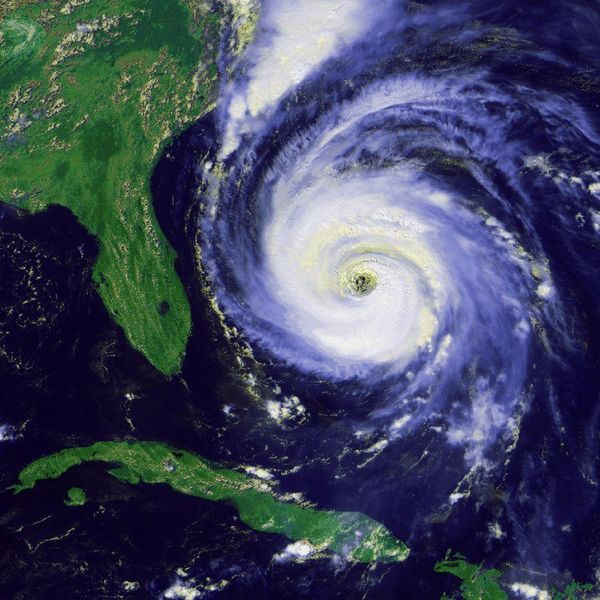At this point in time, the vast majority of people have recognized the dangers of climate change and its dramatic effects on the environment, however most are not aware of its potential to cause global economic destabilization. In an article published this past week by "Nature Climate Change," a scientific journal dedicated to the subject of climate change, researchers from a Yale-led study (conducted at Rutgers, Princeton, and Arizona State universities as well) discuss how climate change's effect on natural resources, particularly the shifting location of fish stocks, will have an inevitable effect on the distribution of wealth. While many studies have already shown that vital natural resources, such as fish stocks, have been moving poleward due to the warming of the planet, this latest one sheds light on how these biophysical changes are moving global wealth in erratic and disruptive ways.
In short, due to the Earth's warming, natural resources have begun to shift from areas closer to the equator to those closer to the planet's poles. According to a report released by the Yale School of Forestry and Environmental Studies, the researchers involved in the study expect that this movement will do more than just increase economic inequalities between wealthier and poorer communities. The expectation, revealed by the lead author Eli Fenichel, is that there will be a net decline in global wealth overall, with the fate of the economic changes resting in how the nations receiving the influx of resources, namely fish stocks, manage them, as well as the quality of their existing institutions and their current regulations.
“We don’t know how this will unfold, but we do know there will be price effects. It’s just Economics 101 — prices reflect quantity and scarcity and natural capital is hard for people to move,” Fenichel said. “It’s as inevitable as the movement of these fish species.”
This study goes on to highlight the necessity for climate policies that include social measurements, in addition to worldwide efforts to reduce global warming and combat climate change. As co-author of the study Malin Pinksy, an associate professor at Rutgers, said, "We tend to think of climate change as just a problem of physics and biology. But people react to climate change as well, and at the moment we don’t have a good understanding for the impacts of human behavior on natural resources affected by climate change."
Thus, it has become crucial that world leaders develop policies that are cognizant of more than just the biophysical effects of climate change. With the introduction of laws and regulations that address the potential dangers of unpredictable resource reallocation, the global community will be able to avoid the otherwise inevitable catastrophic international crisis that would occur when nations' economies implode after their loss of natural wealth.





















